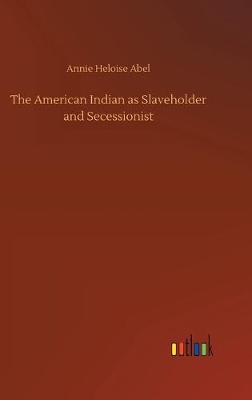"[Abel's] story is a tragic one, but leaving it untold would be a greater tragedy. Native American southerners shared the experience of the Civil War with other Americans, and their involvement in that upheaval had as profound an effect on their subsequent history. Abel's was the first serious telling of that story."--Theda Perdue and Michael D. Green.The secession of southern states in the winter and spring of 1861-62 brought about a crisis for the Five Civilzed Tribes living in present-day Oklahoma, or Indian Territory. Forced out of the South thirty years earlier and relocated there, the Cherokees, Chickasaws, Choctaws, Creeks, and Seminoles had maintained a relationship with the United States through treaties and resident agents. Now the civil war that threatened the Union also called into question its relationship with the southern Indians, an influential minority of whom owned black slaves. In this volume, originally published in 1915 as the first of a trilogy on slaveholding Indians, Annie Heloise Abel explores the diplomatic manuevers of the Confederacy to secure alliances with these five Indian nations.
The negotiations were an important chapter in American diplomatic history, as Theda Perdue and Michael D. Green, professors of history at Dartmouth College, point out in their introduction to this Bison Book. They profile the English-born, Kansas-educated Annie Heloise Abel (1873-1947), a distinguished historical editor and writer whose works include The American Indian in the Civil War, 1862-1865, also a Bison Book.
- ISBN10 3734077257
- ISBN13 9783734077258
- Publish Date 25 September 2019 (first published 1 October 1992)
- Publish Status Active
- Imprint Outlook Verlag
- Format Hardcover
- Pages 406
- Language English
